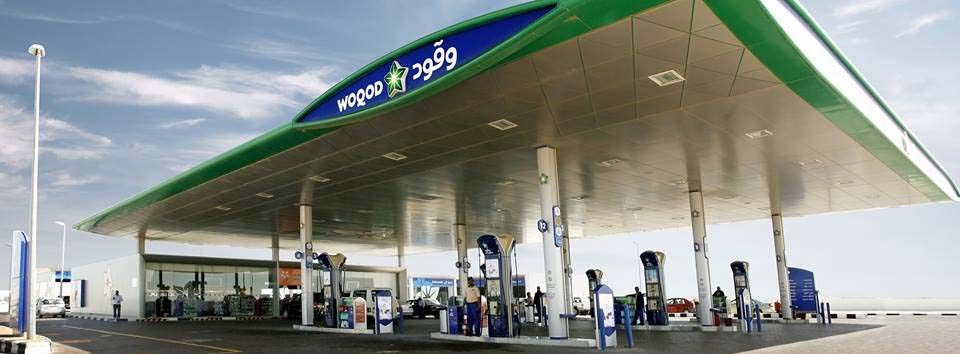
To keep up with Qatar’s rapidly rising population, state-backed company Qatar Fuel (Woqod) has announced its plans to run 150 fuel stations by 2022.
Woqod currently operates 23 petrol stations in the country, and there are at least another dozen fuel stations here that are run by other operators.
According to Chief Executive Ibrahim Jaham al-Kuwari, the decision to expand is part of Woqod’s new five-year plan, which runs from 2014-2018.
A shortage of fuel stations is a common complaint among many residents in a country dominated by cars and taxis. Long lines can often be observed at filling stations in Doha, particularly in the morning and evening rush hours.
Fueling stations are expected to grow more strained in the coming years, as Qatar prepares to host the 2022 World Cup.
The nation’s current population of around 2.2 million is set to soar to around 2.8 million by 2020 – with a corresponding increase in the number of vehicles on the roads.
Woqod’s expansion
In a statement, Al-Kuwari outlined the key plans for Woqod’s expansion, saying that work on five new fuel stations is already underway – in Al-Wakra, Al-Wajba, Al-Jumailiya, Lusail, and Al-Thakhira – and that these should be operating by early 2015.
He also said:
- A further six stations are in the design phase and are due for completion next year – including two new stations each at Hamad International Airport and Education City, a new station at New Mesaimeer and one in Simaisma.
- Approval has been given to build eight stations in busy areas including central Doha, the Al Shamal Road and Salwa Road, which is heavily used by trucks commuting to and from Saudi Arabia.
- Woqod is planning to run 40 stations by the middle of next year and to have 100 up and running by 2017/18.
- By 2022, it plans to open 50 more filling stations, bringing its total to 150.
- A further 25 stations will be expanded to provide new facilities and services such as car washes, food courts, shops and mosques.
- Plans are also afoot increase the number of Sidra convenience stores Woqod operates from three currently (in Education City, Katara and Woqod Tower in West Bay) to a total of 25 by 2018.
Qatar gas stations
There are no official figures for the total number of fuel stations in Qatar, and internationally the per capita ratio varies dramatically – from around one station per 7,500 people in the UK to one for every 2,600 people in the USA.
However, concern remains as a number of popular fuel stations in central Doha have recently closed, including a station by Landmark Mall following a deadly gas explosion in the restaurant of a petrol station complex.
Last year, the Al Andalus petrol station on C-Ring Road closed following an apparent explosion and is currently being rebuilt.
At the time, Central Municipal Council chairman Saud bin Abdullah al Hanzab described the older stations as “ticking time bombs” and told Qatar Tribune that they were considering moving the locations of petrol stations as a safety measure.
And sometime in the past month, Al Hadiqa petrol station opposite Hyatt Plaza mall has also closed it pumps.
Meanwhile, many of the older filling stations are being bulldozed amid safety fears.
Additionally, the CMC has said it is looking into better geographical distribution of filling stations. CMC member Mubarak Fraish was recently quoted by the Peninsula about a renewed focus on areas of high population density such as the Industrial area, as well as setting up stations outside of central Doha.
Shafaf cylinders
Woqod also plans to import 300,000 Shafaf cooking gas cylinders to meet rising demand in Ramadan, according to the Peninsula.
The cylinders were in short supply after Civil Defense banned the company from selling the canisters at petrol stations following the Duhail gas blast earlier this year.
Although the ban was lifted in April, residents still report difficulties in sourcing the canisters.
To tackle this problem, Al Kuwari said that the company was increasing the number of outlets that sell Shafaf – including some supermarkets, as well as looking at having them manufactured locally.
Thoughts?







